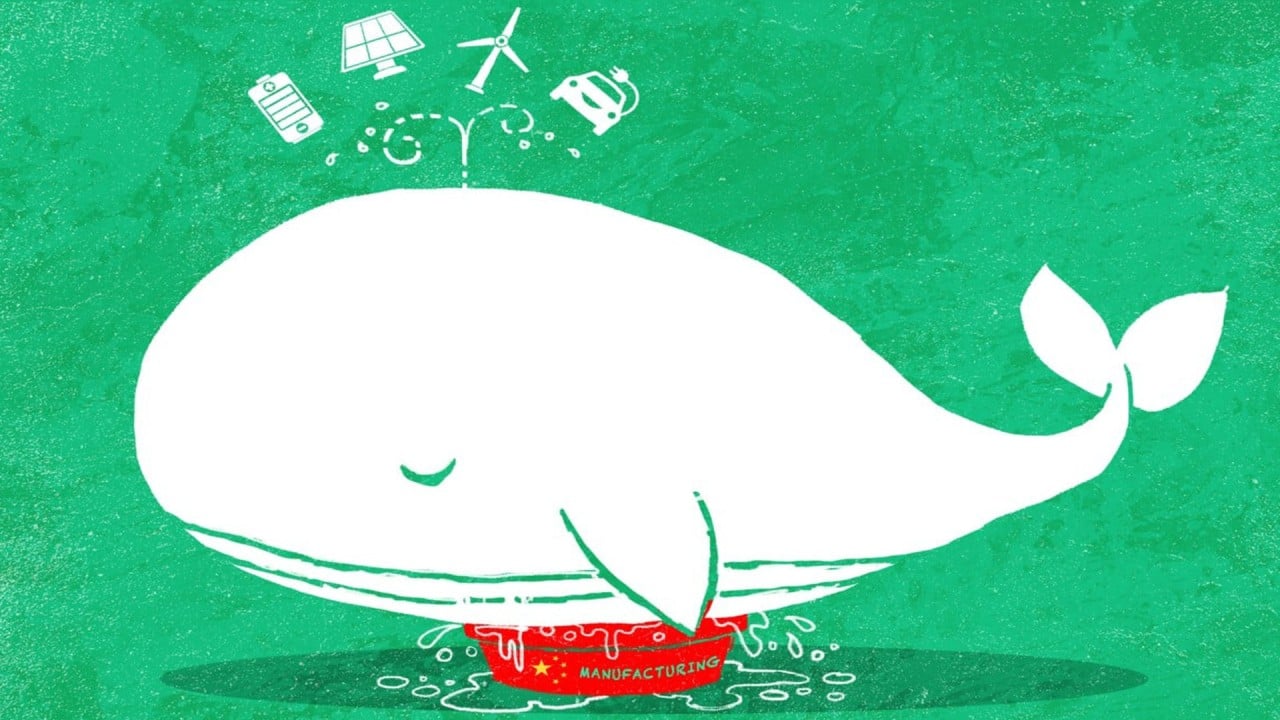
With Europe tour and Putin visit on Xi’s calendar, China faces scrutiny over Ukraine war stance
- Chinese President Xi Jinping’s trip to France, Serbia and Hungary next month comes as West is increasingly wary of Beijing’s ties to Moscow
- Observers say Vladimir Putin’s trip to China will also be closely watched to see whether Beijing will prop up Russian war efforts or push for peace
In what will be a busy diplomatic month for China, Xi is also expected to kick off a European swing next month, with stops in France, Serbia and Hungary.
China has yet to confirm its leader’s trip to France and Serbia, but Gergely Gulyas, Hungarian Prime Minister Viktor Orban’s chief of staff, said on Thursday that Xi would visit the central European country from May 8 to 10.
Putin to visit China in May as Moscow seeks to bolster Beijing ties
Dylan Loh, an assistant professor of foreign policy at Nanyang Technological University in Singapore, said the war in Ukraine would feature “heavily” in talks during Xi’s time in Europe.
Loh said this was especially true for the Chinese leader’s meetings with French officials, but he said he did not expect Hungarian officials to discuss Ukraine as prominently due to Budapest’s relations with Moscow.
“Hungary thinks that it is not worth setting up ideological boundaries when it comes to economic relationships, and we are happy about the Chinese president’s two-day visit,” he said.
The Chinese leader will visit the continent as the West grows increasingly concerned about China’s support for Russia.
“I think the pressure [from the West] has always been there but so far, we have not seen any concrete effects of that pressure other than for China to largely sit on the sidelines of the war,” Loh said.
He said that the “limits of persuasion and diplomacy on reining in Russian behaviour was quite clear”, and that talks with Xi would probably be centred on preventing China from providing direct, substantial support for Russia.
He said people would be watching for any substantive outcomes to help prop up Russia’s economy and any indication that China was shifting towards directly supporting Moscow’s war effort.
Although the Chinese leader is likely to be pulled in two directions, Loh suggested there were few expectations of a significant shift when Xi visited Europe. “I do not think China’s position on the war will be tested,” he said.
He said China’s position so far had generally been to allow events to unfold without intervening too much by directly supporting Russia’s war efforts or directly condemning Moscow.
Wang Yiwei, a professor of international relations at Renmin University in Beijing, said Putin’s visit to China, his first overseas trip of his new presidential term, showed the “strategic mutual trust” between Moscow and Beijing.
Putin also made China his first foreign visit in 2018 after securing his fourth term.
Why China is keeping its distance as Russia and North Korea cosy up
But Wang, noting that Putin also had plans to travel to North Korea, cautioned that the Russian leader’s visit could add to Western concerns about how China and North Korea could aid Russia’s war efforts.
Washington earlier raised concerns with China over North Korea’s growing ties with Russia amid reports that Moscow was using Pyongyang-supplied missiles in Ukraine.
In a rare overseas trip, North Korean leader Kim Jong-un travelled to Russia last year and met Putin, sparking Western concerns about a potential arms deal.
Wang said China could seek to use Putin’s visit to reach an agreement with Russia over a Ukraine peace summit in Switzerland next month.
Both China and Switzerland have pushed for Russia to be invited to the summit, which will take place outside the city of Luzern. Similar conferences in the past have left out Russia.
Wang said it would be “great” if China could reach a consensus on the issue with Russia, noting that the summit would be “pointless” if there was no Russian representation.
If a truce or some form of peace measure were achieved, Wang said it would benefit not just the countries involved but also Western powers such as the US and Europe.
“China has always been willing to facilitate negotiations. This has always been China’s position,” he said.


